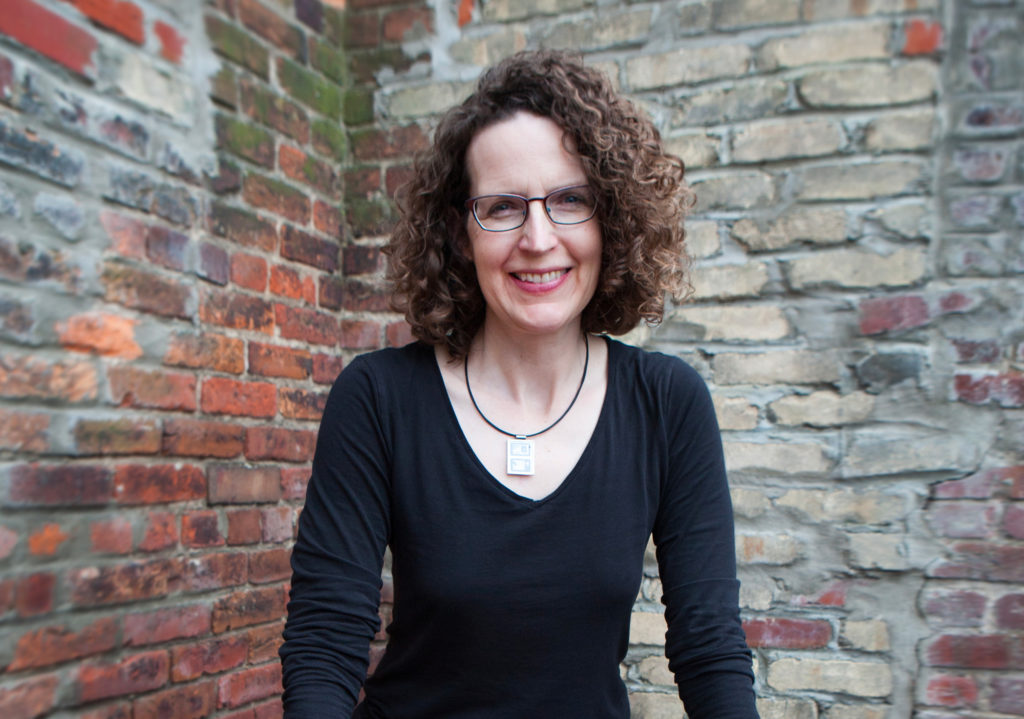This is the fourth post in a cross-blog conversation Mark Athitakis and I are having about Henry Adams’ novel “Democracy.” See Mark’s most recent post, “Skepticism Versus Cynicism,” here.
Mark,
So it’s as I feared, and Adams is a hard case. To quote you, “there’s no silver lining he can’t find a storm cloud in,” especially hanging over Washington. Or even over pastoral Mount Vernon, where Mrs. Lee and some of her admirers and hangers-on go on a picnic-pilgrimage. Rather than being refreshed or purified by their pilgrimage to the home of the father of our country, though, the party carries the poisonous atmosphere of the Capitol with them.
Not that the cynicism can’t be fun. I have to admit I enjoyed the cheap shots Adams takes at General Washington and by extension at the American impulse to turn the founding fathers into national deities. “We are all patriotic about Washington and like to hide his faults,” the aptly named Victoria Dare tells Lord Dunbeg, the impecunious Irish aristocrat she’s set her cap for. “The truth is that even when George Washington was a small boy, his temper was so violent that no one could do anything with him. He once cut down all his father’s fruit-trees in a fit of passion, and then, just because they wanted to flog him, he threatened to brain his father with the hatchet.” That certainly freshens up the old story about the cherry tree, doesn’t it?
Oddly enough, I liked Ratcliffe more in the Mt. Vernon scene. His amoral pragmatism makes him immune to the kind of hagiography that takes place (still) at sites like Mt. Vernon. As a boy, he says, he was made to learn Washington’s “Farewell Address” by heart. “In those days General Washington was a sort of American Jehovah,” he tells Mr. Gore. “But the West is a poor school for Reverence.”
But you asked about the minor characters, like Victoria Dare and Madeleine’s sister, Sybil. Most of them are types, which is a defensible choice on Adams’ part, given the kind of book he wanted to write. Some of them, like Mr. Gore, aren’t vivid enough for me to care much about them as more than vehicles for amusing or caustic observations. I did warm to Sybil, in part because she’s so guileless, so much a creature of feeling, unlike her sister, who’s shut down most of her emotions. (Now I’m thinking of Austen again, and the sisters in “Sense and Sensibility.”) Sybil is very…un-Washington. So is Baron Jacobi, the old European bon vivant, who endeared himself to me by attacking Ratcliffe with his cane in the street.
What about the city itself as a character? I realized that the Washington of “Democracy” is missing a lot of the physical elements that make today’s Washington so distinctive. Work on the Lincoln Memorial, for instance, didn’t begin until 1914, 34 years after the novel was published. The Washington of “Democracy” sounds muddy and half-built and not very civilized–which is probably how Adams would describe the democratic experiment itself. The old joke about Washington being built on a swamp makes it a fit place for swamp creatures like Ratcliffe. How did you react to the city that Adams describes? Does it feel like a place you know?

